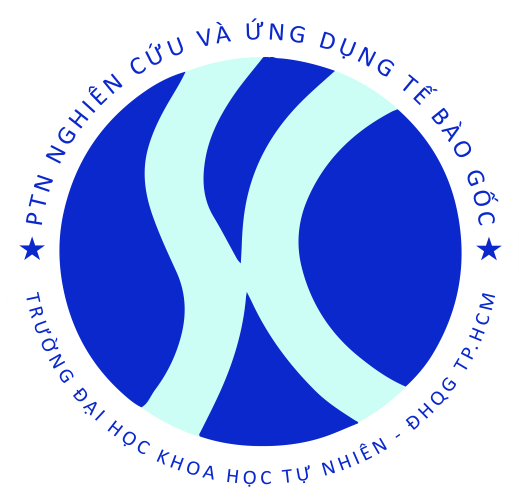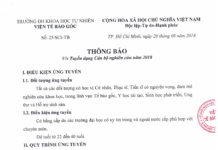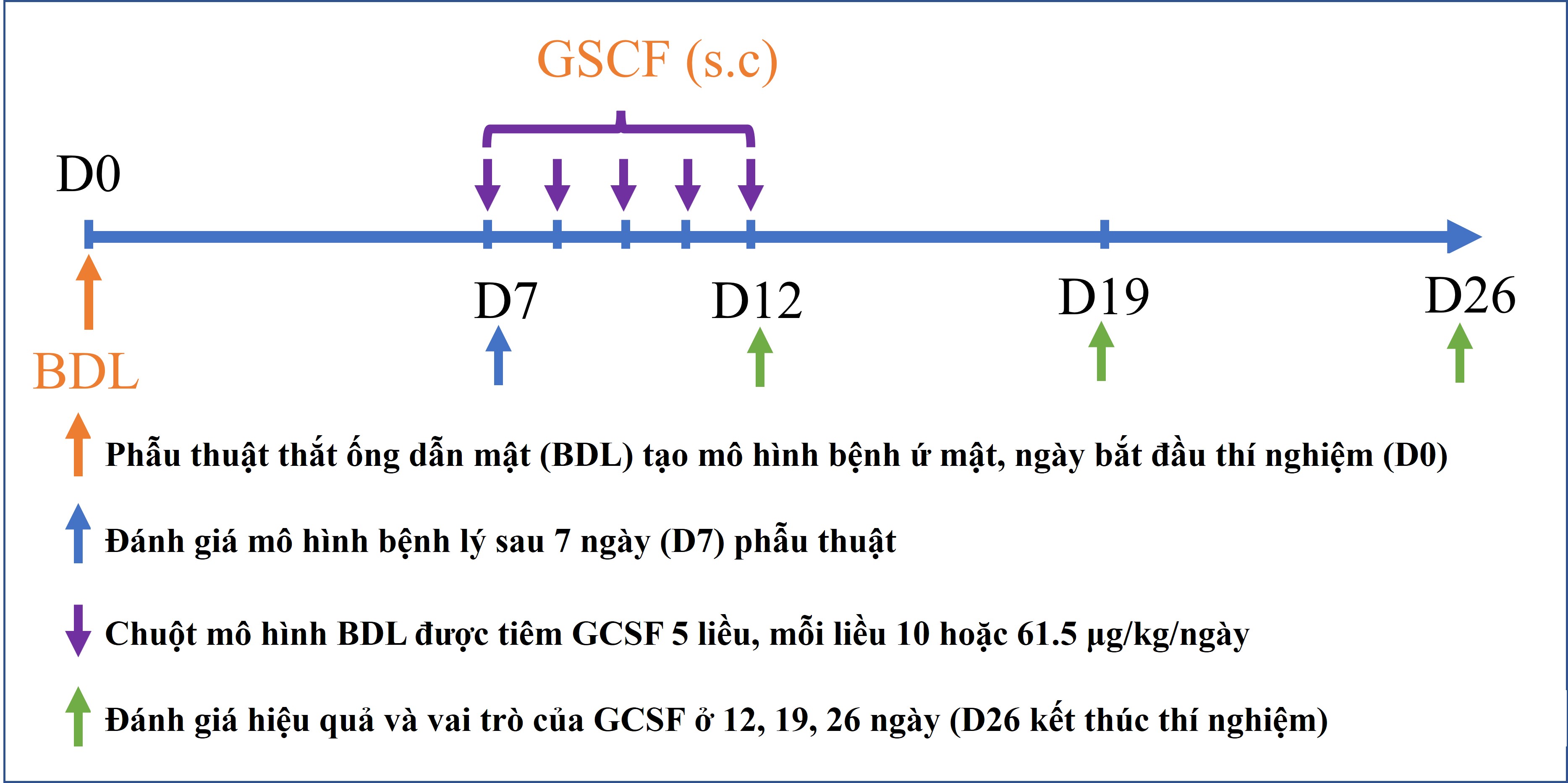Differentiating of banked human umbilical cord blood-derived mesenchymal stem cells into insulin-secreting cells.
Source
Laboratory of Stem Cell Research and Application, University of Science, Vietnam National University, HCMC, Vietnam. pvphuc@hcmuns.edu.vn
Abstract
Umbilical cord blood (UCB)-derived mesenchymal stem cells (MSCs) are multipotent cells. They are able to differentiate into functional cells from not only mesoderm but also endoderm. Many researches showed that cells derived from fresh human UCB could transdifferentiate into insulin-secreting cells. In this study, transdifferentiating potential of cryopreserved human UCB-derived MSCs into insulin-secreting cell was investigated. Fresh human UCB was enriched the mononuclear cells by Ficoll-Paque centrifugation. The mononuclear cell population was cryopreserved in cryo-medium containing Iscove’s modified Dulbecco’s media (IMDM) with 10% DMSO at -196°C for 1 yr. After thawing, mononuclear cells were cultured to isolate MSCs in medium IMDM with 20% FBS supplemented with growth factors. At the fifth passages, MSCs were confirmed by flow cytometry about expression of CD13, CD14, CD34, CD45, CD166, and HLA-DR markers; after that, they were induced to differentiate into adipocytes and osteoblasts. After inducing with specific medium for islet differentiation, there were many clusters of cell like islet at day 14-28. Using real-time reverse transcription polymerase chain reaction (RT-PCR) to analyze the expression of functional genes, the result showed that Nestin, Pdx-1, Ngn3, Ils-1, Pax6, Pax4, Nkx2.2, Nkx6.1, Glut-2, Insulin genes expressed. The results showed that MSCs derived from banked cord blood can differentiate into functional pancreatic islet-like cells in vitro. If human MSCs, especially MSCs from banked cord blood of diabetes patients themselves can be isolated, proliferated, differentiated into functional pancreatic islet-like cells, and transplanted back into them (autologous transplantation), their high-proliferation potency and rejection avoidance will provide one promising therapy for diabetes.
- PMID:
- 21082287
- [PubMed – indexed for MEDLINE]
Publication Types, MeSH Terms, Substances
Publication Types
MeSH Terms
- Biological Markers/metabolism
- Cell Transdifferentiation/physiology*
- Cryopreservation
- Culture Media
- DNA Primers/genetics
- Fetal Blood/cytology*
- Flow Cytometry
- Gene Expression Profiling
- Humans
- Immunohistochemistry
- Insulin-Secreting Cells/cytology*
- Mesenchymal Stem Cells/physiology*
- Multipotent Stem Cells/physiology*
- Reverse Transcriptase Polymerase Chain Reaction




